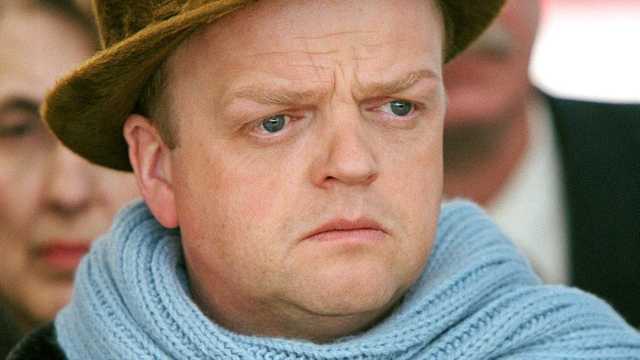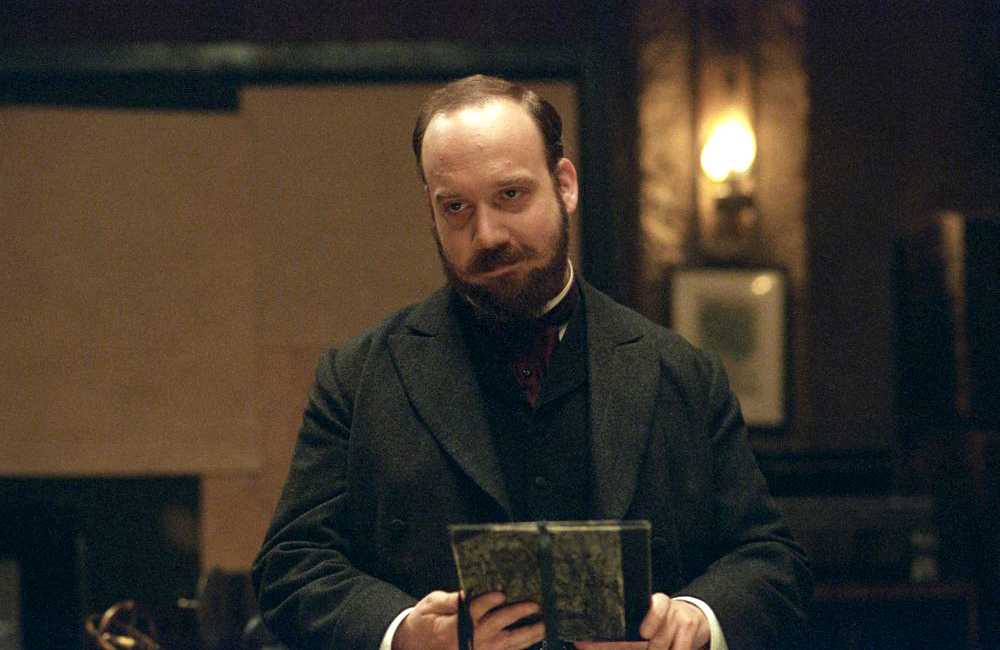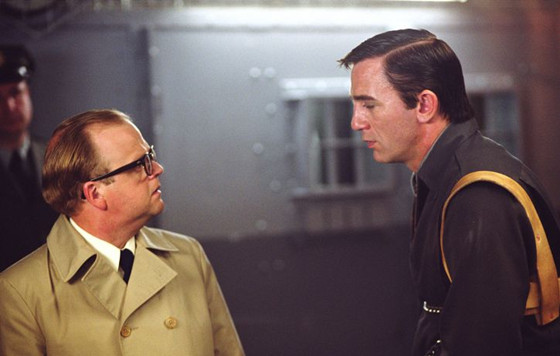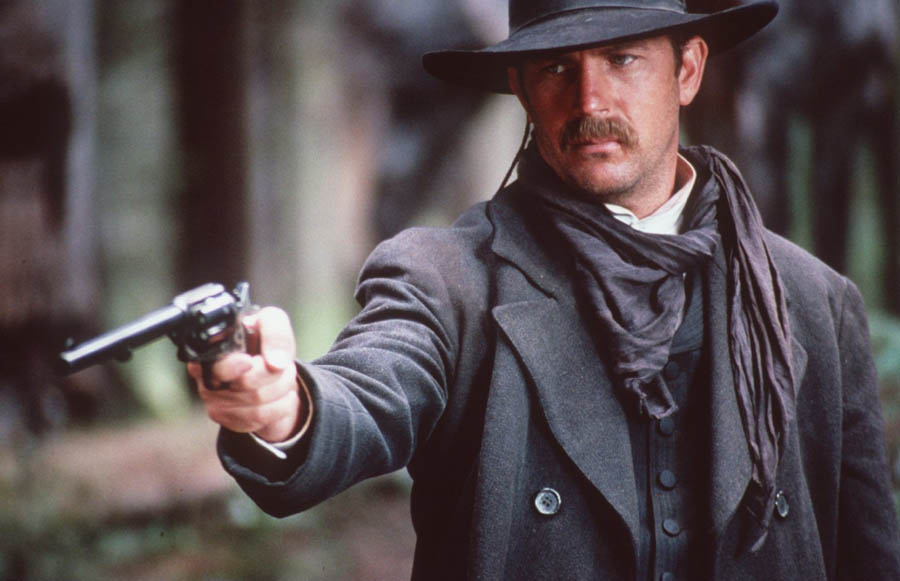
Famous Polish director Krzysztof Kieślowski once expressed his wonder at the fact that how different men, at different moments, at different places with different social statuses, can assemble a single musical note in the same way. This unification of mankind was one of the recurring themes in his films, dependent upon this very idea that different people at different places can often think about the same things.
This magical occurrence can easily be illustrated in a film using cross-cut, split-screen, and several other techniques, but when the dice rolls in the sphere of life, the final outcomes vary heavily, regulated by diverse social conditions.
Film is an expensive art form. A writer merely needs a pen and a paper, a painter needs a canvas and some color, but a filmmaker needs a combined budget that is bigger than all other art forms for all these functions, and more for the promotion and political canvassing.
Therein lies the big difference between film and other art forms. People with diverse social and financial strata can easily possess the same imaginative mind, which sometimes even results in quite similar ideas, but the restriction of this visual medium casts its black spell at the time of execution.
There are various examples in the history of cinema where two or more films had been released with a largely similar theme and intention, but the one that is released prior to the other with a superior cast and budget prevailed. Luck also has a great deal to do with this.
Sometimes, the better film got overshadowed by the weaker one because of the simple reason that audience already anticipated the incoming message through their experience of the first film, and as a result, cared less about the execution and treatment of the latter one. In an unhappier scenario, the latter film couldn’t even reach a wide audience through a proper release.
Without further ado, here are 10 movies that got overshadowed by movies with the same theme.
1. The Illusionist by The Prestige

It is a pity that both these films were released at the same time, quite naturally dividing the box office, whereas both had redeeming qualities in itself. The superiority of quality between these two is contentious, but the more curious observation is the similarity of the theme and material in these films. Some filmgoers were even confused about which movie they had just seen, and if they were sequels to each other.
Although it feels like an exaggeration on their part, in both cases the plot revolved around two 19th century magicians, complexity in the love life of the protagonist, a commentary on magic, and contained surprise twist at the climax. The similarities don’t end there. Both of these movies were adapted from a literary text, and both secured a nomination for Best Cinematography at the 78th Academy Awards, despite neither film winning the award.
The ultimate difference between the films was this: in “The Prestige,” the twist was hinted at several times in the films, whereas the climax in “The Illusionist” was unexpected. “The Prestige” scored extra brownie points for also commenting on the nature of devotion in relation to art, whereas “The Illusionist” was busy exploring the magic tricks as an obfuscation procedure toward real-life gain. Both were pretty good films, but while “The Prestige” enjoys a prestigious mention in the filmography of Christopher Nolan, “The Illusionist” was not seen by many.
2. EDtv by The Truman Show

“The Truman Show” and “EDtv” both tried to unmask and satirize the facades of reality television, which once had a dominating presence in American television and still exists in a more advanced form.
Now, audiences are more able to anticipate the ongoing drama in reality television than in the past, and now they are also aware that the tensions and suspense that frequently breeds inside the programs are most often scripted. But at the time of the birth of reality television, spectators were largely unaware of these ongoing machinations, and these two movies attempted great bravery in trying to expose it.
Both films took an interesting route in using product placement inside the movie of the film. As real-time broadcasts are eschewed of commercial breaks, the supporting actors in both the protagonists’ life held the advertised products in close-up shots and elaborated the excellence of the product to the protagonist.
In “The Truman Show,” the character of Truman, played by Jim Carrey, shared much of the spectators’ preoccupation in that he was unaware that his life is scripted from outside, broadcast 24 hours a day, and all the people surrounding his life, including his wife and acquaintances, are nothing but hired professional actors.
“EDtv” also revolves its plot around a greedy television producer who tries to win a gimmick by telecasting the daily life of an ordinary person without breaks. However, there is a significant difference between these two films. In “The Truman Show,” Truman Burbank is adopted by the corporation from his birth to broadcast his daily life in form of a television show, and he is unaware of that.
However, Ed Pekurny is well aware of these mechanisms as he himself auditioned for the role to be aired on “Trutv” network. However, the theme of these films was similar enough for audiences to disregard one in favor of the other.
“EDtv” proves in hindsight that it was more far-sighted in predicting the future of the modern reality television than “The Truman Show,” whereas the other one was a more accomplished art product. “EDtv” was a decent movie, though, and it is a pity it got overshadowed by “The Truman Show.”
3. Infamous by Capote

The second Truman on this list, writer Truman Capote was a widely appreciated writer in his heyday, for his novel “Breakfast at Tiffany’s.” He also gained significant public attention in the ’60s when he decided to write a documentation of the interesting Kansas murder case, and later wrote the book “In Cold Blood” that deals with the subject.
In researching the material, he developed a close relationship with the two primal suspects of the case, namely Perry Smith and Richard Hickock. The story of their bittersweet collaboration was seen by Hollywood producers as a successful plot to build a movie around. As a result, “Capote” and “Infamous” were released in 2005 and 2006, respectively, both of which chronicled the friendship and dilemma of Capote, regarding his friends in the trial.
“Capote” was a far more revered film than “Infamous” and secured a win at the Academy Awards in the Best Actor category for Philip Seymour Hoffman as Truman Capote. The sympathy stems for the largely unnoticed film “Infamous” from the fact that it was later contested as a better film than “Capote,” and Toby Jones was a much better casting choice than Hoffman for the role of Truman Capote.
“Infamous” boasted a more imaginative retelling of the events than “Capote,” and the character of Capote was dealt with a caring touch. However, it was always discussed in comparison to the previous year’s “Capote,” despite standing well enough in its own.
4. Wyatt Earp by Tombstone

The difference in treatment of these two movies are apparent from their titles: one is more concerned about the events in the story, while another spent generous time involving a particular character. The gunfight at the O.K. Corral in the 1880s was the basis for the production of both films. Lawman Wyatt Earp and his relationship with Doc Holliday, and the events surrounding them had a significant part in the earlier film “Tombstone,” whereas “Wyatt Earp” took a biographical approach.
“Wyatt Earp” was a more ambitious film than the former, epic in scope, much like of a John Ford western. Kevin Costner was excellent in his turn of the titular character and the cinematography was likewise magnificent. The troubled production “Tombstone” was more intimate in its execution and holds better in the western film history, but it is not an excuse to give the equally entertaining “Wyatt Earp” a miss.
5. Leviathan by The Abyss

“The Abyss” is a significant and distinct work in the filmography of James Cameron. The history of the troubled production of “The Abyss” is widely known to fans of the film and used to be a subject of immense scrutiny. Ed Harris was so furious about the working procedure of the deep-sea explorer turned filmmaker James Cameron that he expressed his disapproval to work with this revered director ever again.
The debate for the final cut privilege between the filmmaker and the producers also ensured a long fight. The backstory of this film was so darkly exciting that a television movie was produced named “Under Pressure: Making ‘The Abyss’” like the “Apocalypse Now” documentary. But “The Abyss” was a financial and critical success, and the crucial message from the aliens about world peace in human society was generally well received by the moviegoers.
“Leviathan,” released in the same year of “The Abyss,” received disapproval from critics and audiences. While, “Leviathan” was not remotely philosophical like “The Abyss,” it was a good thrill ride about the unexpected dangers from sea life.
It felt like an amalgamation made from the good parts of “Alien,” “The Thing,” “Outland” and several other thriller-horror films. It is unfair to expect equal intellectual proficiency from films with the same theme, and bearing that in mind, it can be attributed that a “Leviathan” was a decent fun ride that was ignored by the audience.